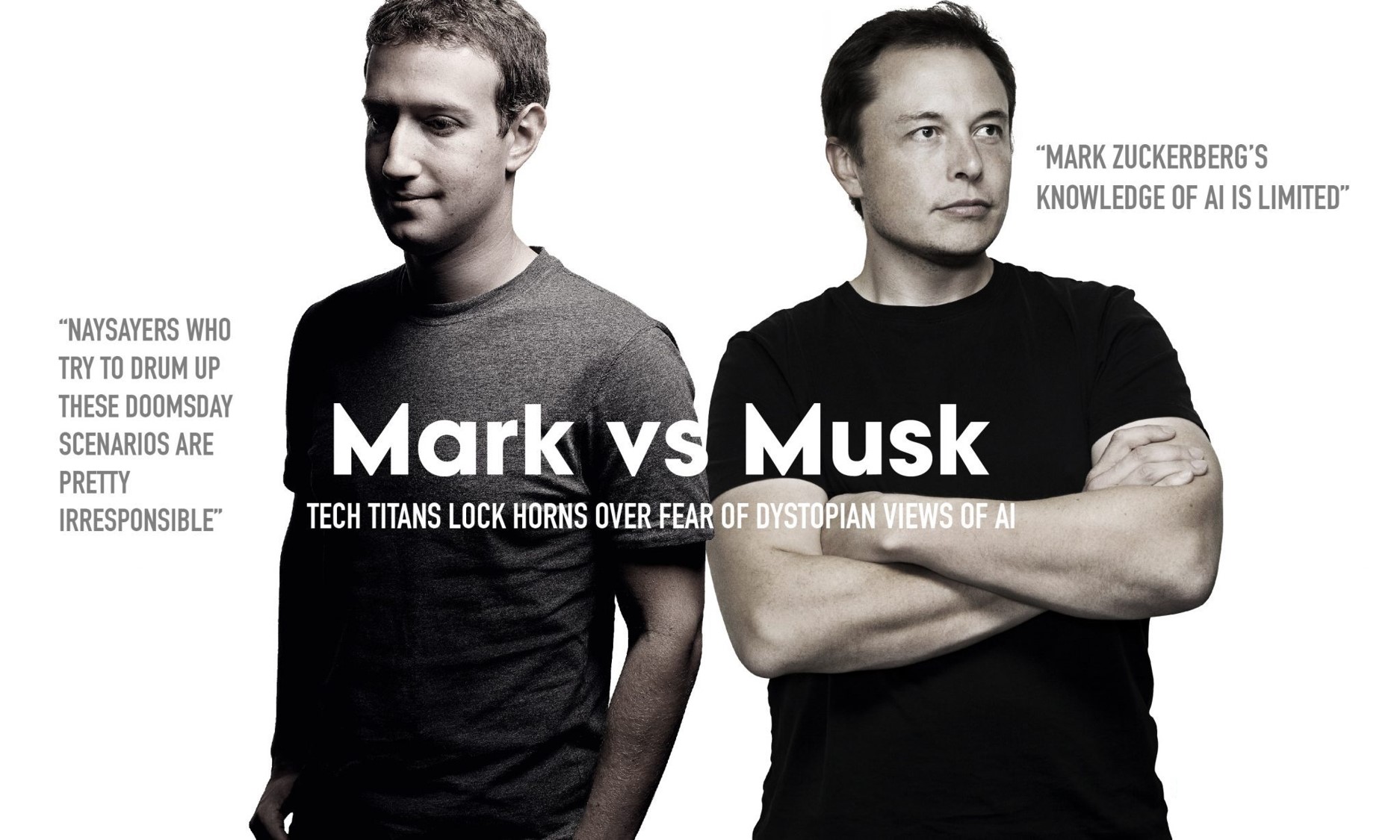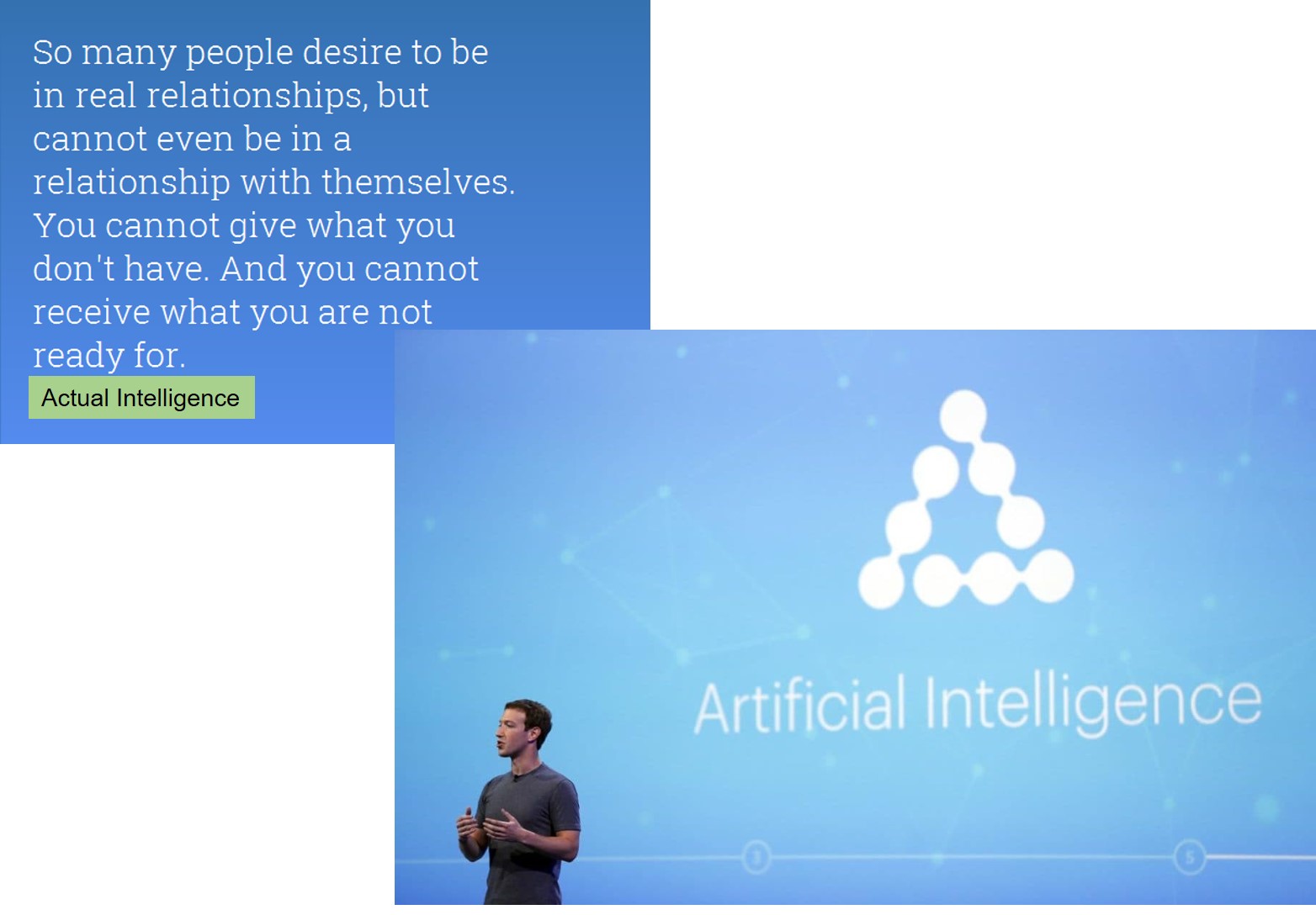
One of Facebook’s earliest executives has said the social network is “destroying how society works” and that he feels “tremendous guilt” about his work. Chamath Palihapitiya, who joined Facebook in 2007, accused it of “programming” its users and said he no longer uses the website or allows his children to access it. “It literally is at a point now where I think we have created tools that are ripping apart the social fabric of how society works,” he told an audience at Stanford University. “We are in a really bad state of affairs right now in my opinion, it is eroding the core foundations of how people behave by and between each other.”
Daily Telegraph, front page, 12 December 2017
Society makes progress when contradictions get identified and solved. The bigger the contradiction, the greater the progress potential. In this context, when two goliaths of the modern business world find themselves embroiled in a very public argument we perhaps get to see a really big contradiction.
Zuckerberg says that Artificial Intelligence is good; Musk says it is bad. Who’s right and who’s wrong? Or are they both right? Or both wrong?
What we do know for certain is their argument centres around a contradiction: we want AI and we don’t want AI. AI will eventually help society to solve an awful lot of its current problems; AI today is probably doing more harm than good. And therein lies a clue. Two clues. Eventually and today.
Once we understand what we’re doing, then we open up the possibility for AI to be our best friend rather than our worst enemy. We solve the contradiction, in other words, in time (eventually…) and on condition (…once we know what we’re doing).
What Elon Musk seems to understand that Mark Zuckerberg clearly doesn’t is that the vast majority of today’s AI solutions – and especially those being deployed by Facebook – have not been coded with an understanding of complex systems. Once we accept that a system is complex, the only sensible hope of affecting it in a positive manner is to understand behaviours within the system at a First Principles level. Elon Musk represents the epitome of First Principles thinking. Mark Zuckerberg is, as far as I can tell, the precise opposite. He naively believes that by connecting everyone you create one big happy family. The reality is that when people are motivated by Autonomy, Belonging, Competence and Meaning (the First Principles of human behaviour), any attempt to connect everyone ends up connecting no-one. For every tribe we connect to become a member of, a dozen other tribes that oppose what we think appear.
Zuckerberg, in other words, might be right about AI in the long term, but right now, Musk knows that Zuckerberg is the very person preventing AI from going beyond its current manifest dysfunctions.

